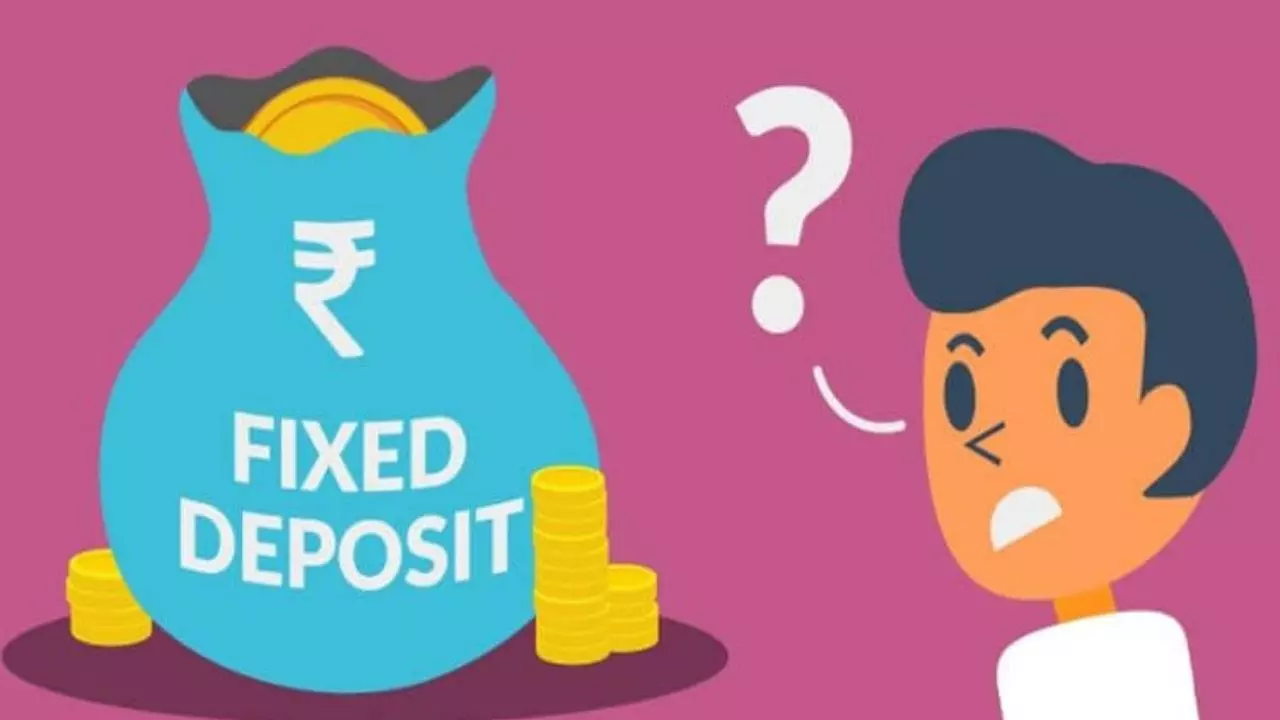How To Open FD Account: The fixed deposit is a low-risk investment tool viral among retired people and investors in rural areas. Globally, it’s the most preferred saving mode for hundreds of thousands of depositors—the most popular by a mile!
The average depositor likes nothing more than a fixed deposit. For many, it is their life’s ambition. And once they had a fixed deposit, they believed they had arrived!
However, certain things have to be factored in before opening a fixed deposit—like the FD interest rates, the taxes, the tenure, the exemptions, and the benefits. That said, six aspects of FD must be considered while opening a fixed deposit.
Opening a Fixed Deposit
First things first, how do you want to open your FD—online or offline? For the offline, the depositor must visit a bank’s premises. An online opening has to be done using the bank’s mobile app.
For the offline mode, a form has to be filled out. Then, the money has to be transferred to the fixed deposit. The bank will ask for a mobile number, email address, etc.
For the online opening, the principal amount of the fixed deposit will be directly accessed from the depositor’s savings account.
In both cases, the depositor should match the different banks’ FD interest rates and choose the one which benefits him the most.
FD Amount Limit
Fixed deposits have both a maximum and a minimum limit. The limits vary from bank to bank. That said, the depositor has to inform beforehand if they want to open an FD account. Most banks and finance companies are okay with fixed deposits from Rs 5,000-100,000.
The depositor will have to talk to the bank manager for large fixed deposit amounts. Banks prefer online transfers and cheques to open fixed deposits. Cash is generally discouraged. Earlier cash deposits were accepted, but not these days.
Fixed Deposit Tenure
Different banks have different FD tenures. That said, there is a minimum time limit of at least 7-14 days and a maximum of 8-10 years. The longer the tenure, the higher the interest rate! Banks like long-term fixed deposits. Interest is, however, not paid if the deposit has not met specific minimum period rules. Also, remember that interest is paid on interest earned every quarter.
Rate of Interest
Like any other deposit, a fixed deposit also earns interest. For the depositor, FD interest rates are essential. Ask a potential depositor to open a fixed deposit, and the first question will be about the fixed deposit’s interest. Interestingly, the interest rate depends on the tenure of the FD. There are different rates for different terms. The senior citizen FD fetches a higher interest rate.
Usually, for 180 days, the deposit fetches simple interest. Beyond 180 days, interest is calculated on a compound basis every quarter.
Premature Withdrawal Penalty
If the depositor shortens the fixed deposit tenure and wants to withdraw the fixed deposit amount before the due date, he has to pay the penalty. A one-year fixed deposit cannot be withdrawn before the one-year is up. Partial withdrawals also cost the depositor.
The penalty could be 1% of the fixed deposit’s interest rate. The bank can subtract the penalty from the fixed deposit itself. However, some banks do not impose penalties on premature withdrawal.
Taxes in Fixed Deposits
Interest earned is taken as income and, therefore, taxable. Interest made on fixed deposits is also taxed. Tax is calculated based on income tax slabs. Senior citizens get a rebate. The advantage of an FD is that it gets tax benefits.
TDS or tax deducted at the source on the fixed deposit. If fixed deposits earn more than a certain annual income through interest, the interest calculated as income will attract TDS.
Summing Up
Everything considered, banks sometimes adjust FD interest rates, usually ahead of a review of the monetary policy by the central bank. That said, banks usually always stick to low-interest strategies.
Therefore, depositors should invest in medium and short-tenure FDs. The depositor will do well not to lock in fixed deposits for long tenures. All in all, fixed deposits are considered one of the safest investment options, and they earn very decent interest rates if you invest in them in a wise, well-informed manner.










